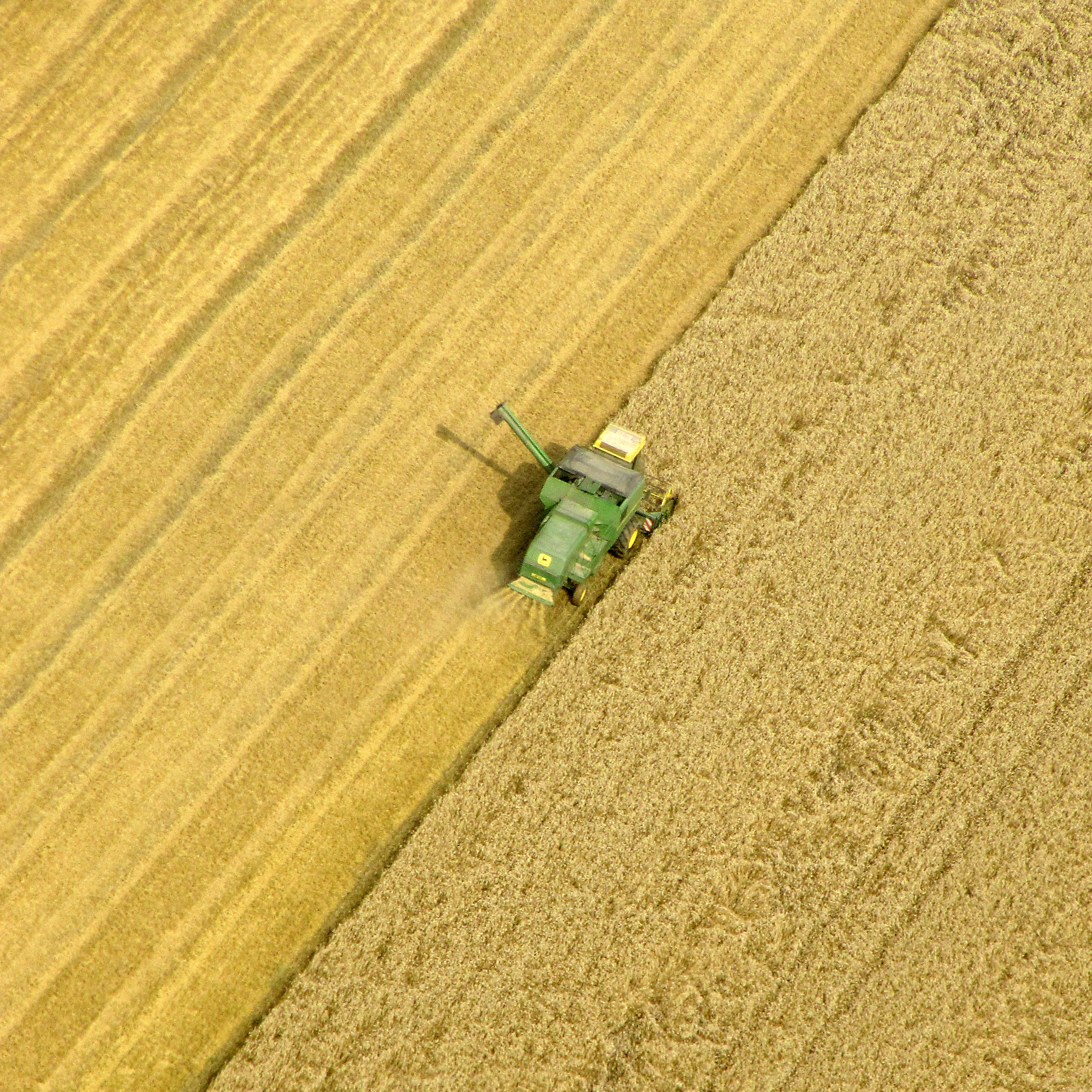3 Food Myths You Need To Stop Believing
In a climate where anyone has a voice, it can be difficult to parse out who is actually qualified to comment on a topic, versus someone who five minutes ago read the Wikipedia page and now considers themselves an expert.
One of the arenas in which this has been an especially contentious issue is around Food, Health, and Wellness; consumers are increasingly mistrustful of major corporations, but not every alternative health guru has the credentials to offer dependable advice, either– which is where Food MythBusters comes in.
On a mission to dispel the “biggest myths about sustainable food,” Food MythBusters was founded by Anna Lappé, an author and educator. Lappé decided to found the project after twelve years of connecting with farmers, parents, scientists, educators, and activists and realizing there were still many persistent myths about Food and The Food Industry at work in the world. With videos and information free and available to the public, Lappé hopes to encourage and support a more informed public.
Food MythBusters works on five major topics: hunger and food security; marketing and advertising; cost and economics; the environment; and food safety and health. The site is a collection of short movies that Food MythBusters has created (each of which is thoroughly backed up with facts and figures, for which viewers can double-check for themselves in each video’s annotated script), supplemented by calls to action, articles, reports, and blog posts. Below, we’ve compiled some of Food MythBusters’ takedowns of more pervasive myths.
MYTH: “Sustainably-raised food is too expensive.”
Lobbying dollars are not a force to be underestimated. For many years special agricultural interests have been pouring money into politics, and as a result current policies favor corporate-controlled, chemical agriculture and single crops, with little option for farmers to pursue any other forms of alternative farming. For this reason, as they explain the video below, Food MythBusters advocates for a large scale change to the food system and the way we think about what can be grown and how.
While efforts to support sustainably raised foods often focus on the personal choices we make, LaDonna Redmond, speaking on behalf of Food MythBusters, suggests, “We need consumers remember that they are also citizens and adopt a mentality that helps them understand the connection between the grocery store aisle and polling booths.” Which of course isn’t to say you shouldn’t support your local alternative economies– by all means, volunteer with organizations like Harlem Grown or make a detour to support your local farmers market. But also remember that civics and policy are where the power for major change lies.
MYTH: “We need industrial agriculture to feed the world.”
As Lappé touches on again and again, many of issues around the viability of farming options comes down to optics: because so much money has been poured into espousing the benefits homogenous corporate farming, consumers are both less aware that there are other options out there and do not realize current farming practices aren’t sustainable in the future. In the video above, Lappé lays out the facts, “The industrial farm requires more fossil fuels, water, and mined minerals– all stuff that will only get more expensive as it runs out. So down the line, the chemical path not only can’t work for farmers; it won’t be a choice at all. Corporate agriculture doesn’t reliably grow more food in the future – or even today.”
Lappé continues on to take down the oft repeated claim that food production must double or else the world will go hungry by addressing the actual volume of food produced– which is more than plenty to feed everyone. The reason hunger persists is because of corporate interests working on larger scales, distributing money to practices that keep some needy and others in excess. Once again, Food MythBusters emphasizes a need to rethink the system as a whole.
MYTH: “Genetically engineered crops are the best way to deal with pests, weeds, droughts, and floods.”
In the video above, Lappé emphasizes that the issue at root isn’t just a simple matter of sustainable practices being better for the earth, it’s about pivoting away from corporate farming practices that are actively contributing to the degradation of the environment. As Lappé explains, “Industrial farms degrade and erode precious topsoil– 64 tons per acre are being lost every year in some spots in our heartland. They suck up huge amounts of water– a lot of it from deep underground– essentially irreplaceable. And they use millions of pounds of antibiotics – a practice that leads to dangerous new bacteria. They also produce toxic run-off that pollutes our rivers, our oceans, and us! The average American already has at least 13 pesticides in our bodies. And thanks to chemicals in the field, farmers and farm-workers have higher rates of many cancers.”
Sustainable farm practices– which focus on keeping the earth and soil healthy, and which reduce the dependence on destructive pesticides– are a viable means of farming, despite the idea the idea that they somehow lack the necessary edge to compete against large scale farming practices. As studies have proven, these more traditional methods are traditional for a reason: they work. Moreover, sustainable practices may be better equipped to handle changing climates, as they have shown themselves to be effective even in drought.
Still not convinced? To learn more about Food MythBusters, visit their website.
Fired up and ready to take action? Here’s our guide to protecting public spaces.




































